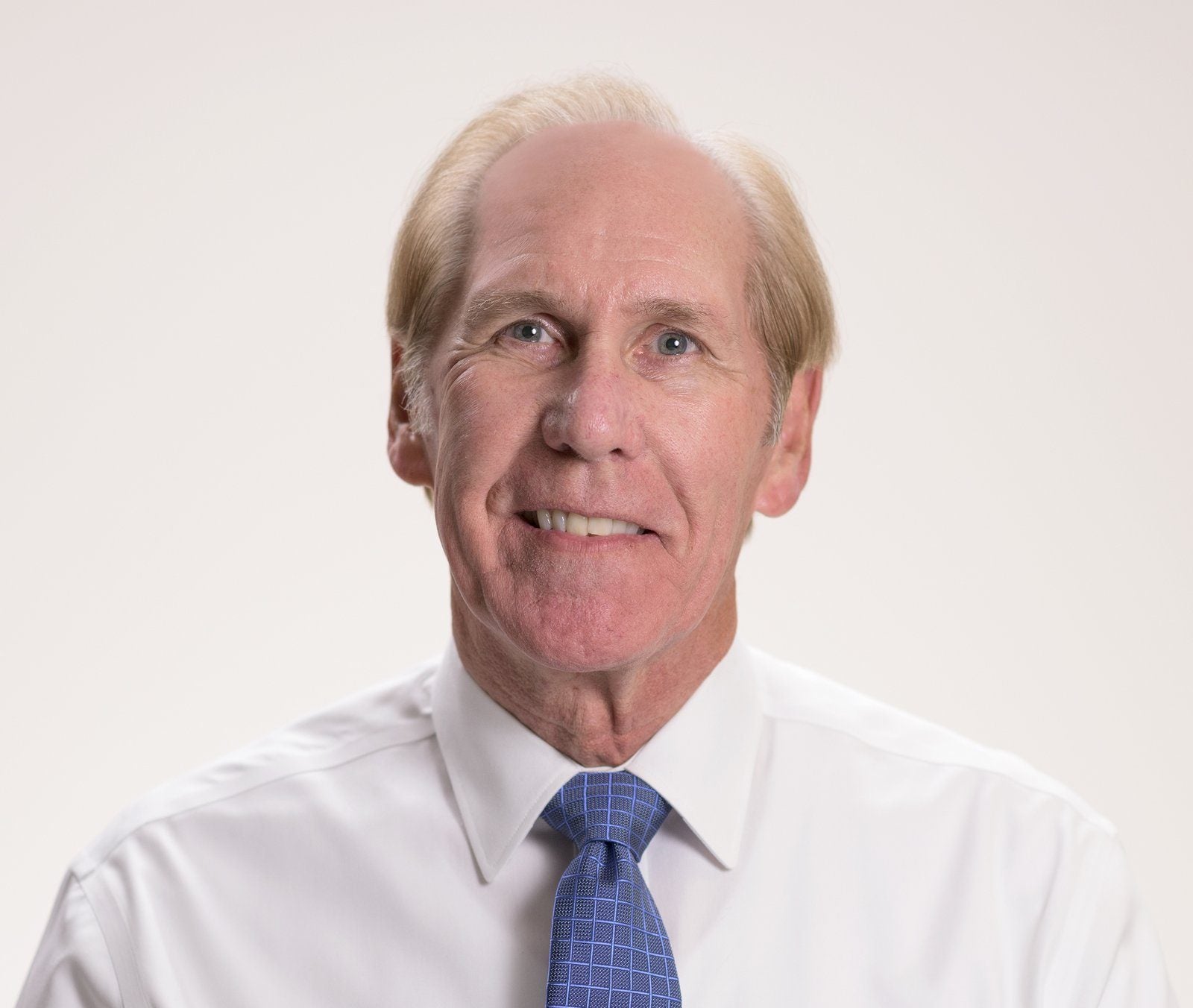Closings about politics, not budget
Published 7:43 pm Wednesday, November 11, 2015
It’s about politics. It’s not about the budget. It’s about politics. It’s not about revenue. It’s all about politics, politics, politics, politics. The closing of the Driver’s License Offices (DMVs) is all about politics, not revenue, not budgets. Let me tell you why.
First, the fees for driver’s licenses were recently increased from $23.50 to $36.25. That’s a 54 percent increase.
The Alabama Legislature placed explicit language in the budget requiring portions of these increased fees be used to keep open all driver’s license offices. But the Governor closed them anyway.
Second, an analysis by the Alabama Law Enforcement Agency determined that closing 31 DMV offices saves only $100,000.
That’s because the Agency will retain all its personnel. One hundred thousand dollars is no reason to inconvenience hundreds of thousands of Alabama citizens in 28 counties. This is especially true when the Agency receives about $12 million more from increased driver’s license fees.
Third, if the closings were really about revenue or budgets, a number of state-owned-and-operated liquor stores would be treated differently. They closed some that are making a profit. They left open some that are losing money. Close just one that lost $75,000, and the $100,000 deficit is nearly wiped out.
Of course, there is no need to close any state liquor stores, and I want all of them to remain open. The governor’s people stated that they don’t want to inconvenience citizens by having them drive to the next county for a bottle of liquor. However, they are willing to make poor people pay others to drive them to the next county for a driver’s license.
Fourth, a driver’s license is a necessity in these rural counties bereft of public transportation. A driver’s license is necessary to go to and from work, to shop, to attend church, to carry our children to and from school, etc.
Fifth, closings of driver’s license offices adversely impact voting. The voter photo ID does not prevent voting fraud because there is no fraud involving citizens pretending to be someone else in order to vote.
The challenge is to get people to go to the polls one time, not to speak of a second or third time. There is no problem of people showing up at the polls pretending to be someone else. People prefer to use a driver’s license to vote because it can be used for multiple purposes.
However, it is a crime to use the voter photo ID for any purpose other than voting. It’s also a crime to even possess a voter photo ID if we have another government-issued photo ID. Closing these driver’s license offices compounds the adverse impact on voters. Alabama can abolish voter photo ID and use the money to fund every driver’s license office.
Sixth, the governor moved aggressively to close 31 driver’s license offices. When people in and out of Alabama reacted strongly against these senseless closings, he implemented a feeble alternative of opening DMVs one day a month in each county.
If we wait for 30 days and miss out the day the DMV people come to town because the line is too long or other reasons, then we wait another 30 days for a total of 60 days and so on. The alternative is to pay someone to take us to another county.
Seventh, the closing of 31 DMV offices in 28 counties will impact citizens in the remaining 39 Alabama counties. Some seeking driver’s licenses in Jefferson and other counties already have to wait for hours.
With additional citizens coming to those counties for driver’s licenses, the wait for all citizens will be much longer.
Eighth, some say the governor plans to evaluate the closings. He should have performed the evaluation before the closings. To do a fair evaluation, he should re-open all offices.
Some speculate that the politics is about reducing the voting of African Americans. Others speculate that it’s about punishing lawmakers for not supporting the governor’s revenue proposals.
These closings do not punish legislators; they punish citizens. Whatever the politics, it hurts all Alabama. And that makes bad politics. It’s not about revenue. It’s not about budgets. It’s all about politics, politics, politics.




